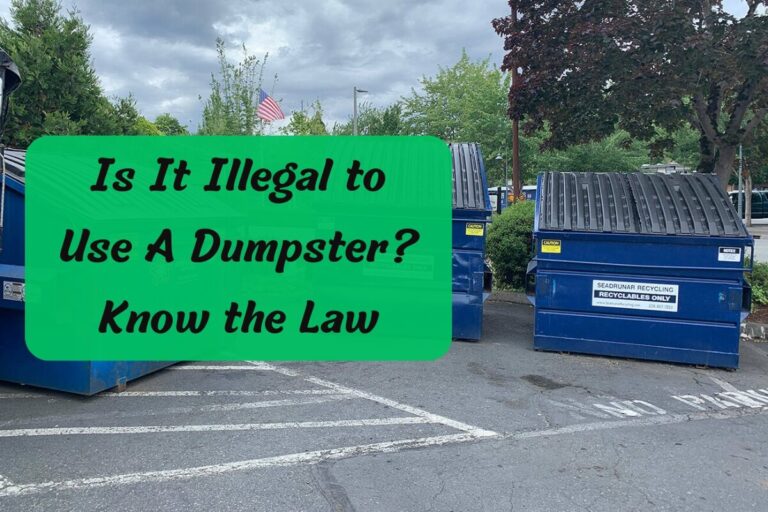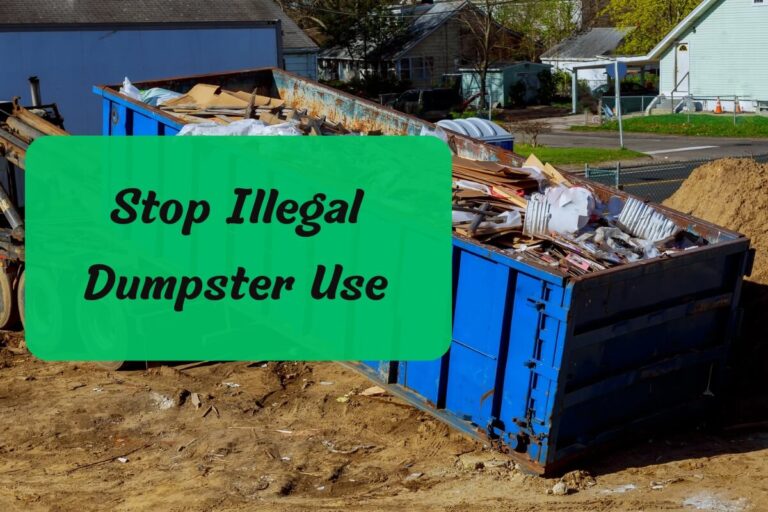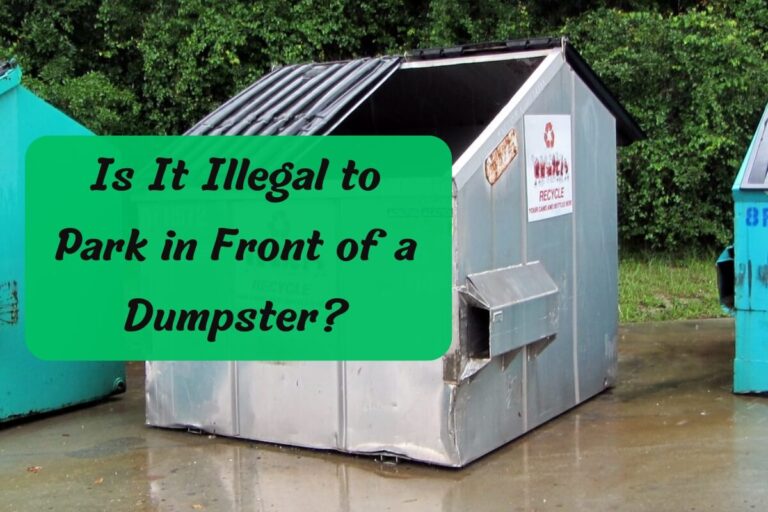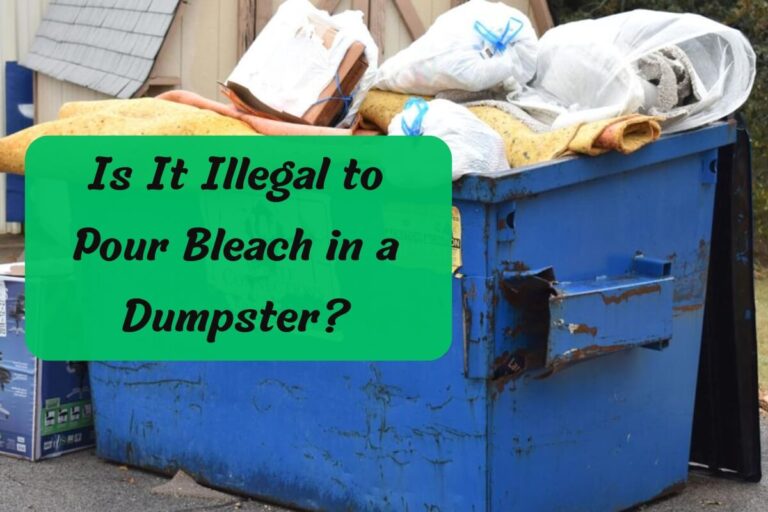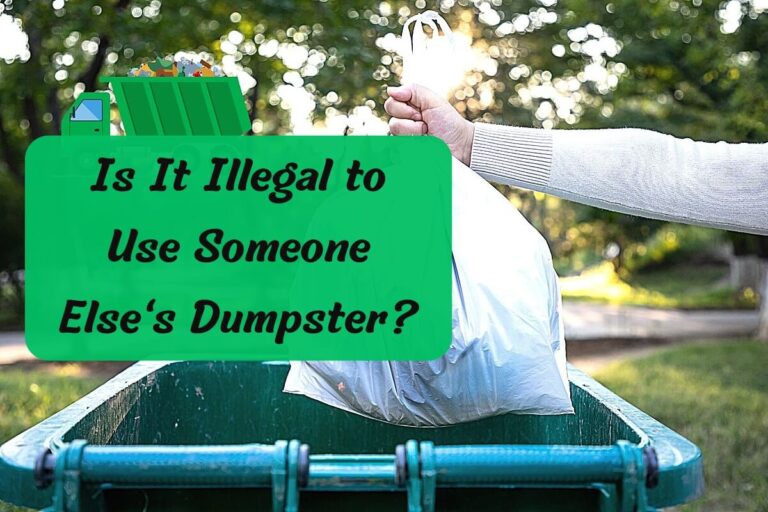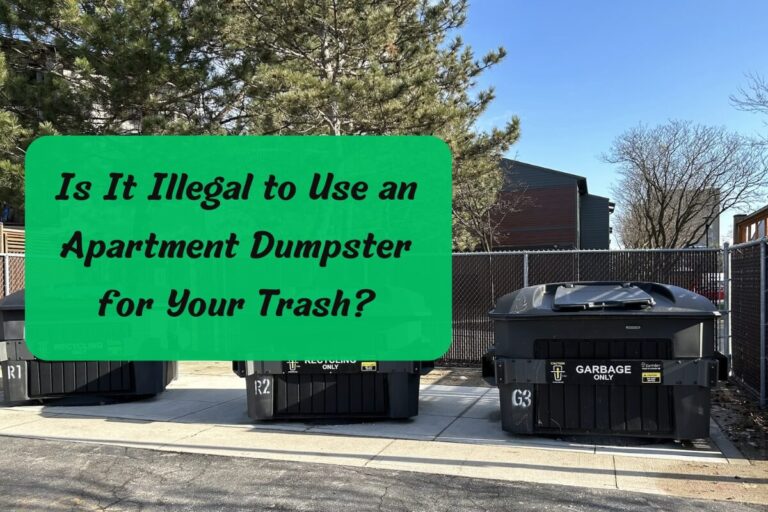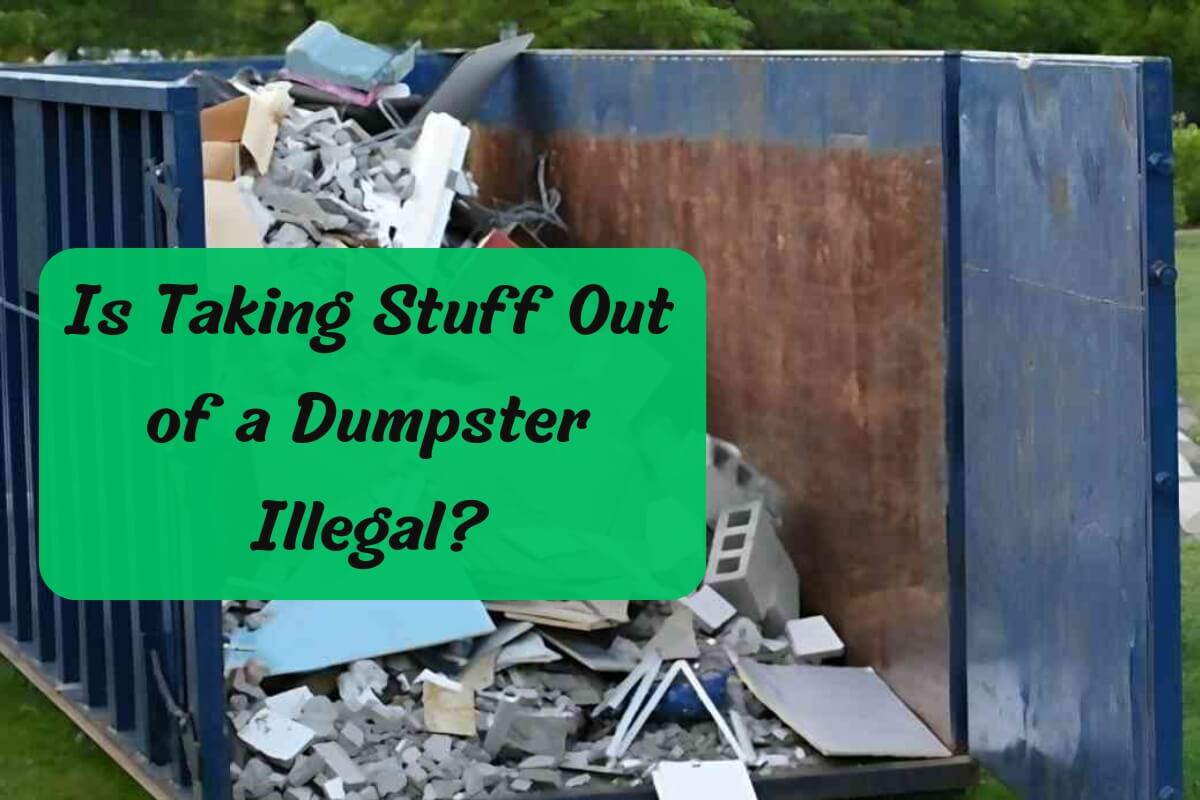
Dumpster diving, or searching through trash for valuable items, has become more popular. But is it legal? The answer is not simple. Laws vary, and what’s allowed in one place may be illegal in another. This article will explore the legalities of dumpster diving, clarifying when it’s acceptable and when it’s not.
Understanding the Basics of Dumpster Diving Laws
Before we dive into the specifics, let’s define what dumpster diving is. Dumpster diving refers to the act of sifting through commercial or residential dumpsters, trash cans, or recycling bins to retrieve items that have been discarded. This practice is often done for various reasons, such as finding usable items, reducing waste, or even making money by selling valuable finds.
In 1988, the Supreme Court ruled in the case of California v. Greenwood that searching through trash is legal as long as it does not conflict with any city, county, or state ordinances. This landmark decision essentially made dumpster diving legal at the federal level in the United States.
When is Dumpster Diving Considered Legal?
Dumpster diving is legal on a federal level, but there are specific situations where it’s allowed:
- Public Property and Curbside Trash/Recycling Bins: If the trash or recycling bin is located on public property, such as a city street or sidewalk, it is typically legal to rummage through it. This includes trash and recycling bins left at the curb for collection.
- Abandoned or Unlocked Dumpsters with No Trespassing Signs: If a dumpster is unlocked, not on private property, and does not have any “No Trespassing” or similar warning signs, it may be legal to dive into it.
There may be local ordinances or regulations that prohibit or restrict dumpster diving.
Where Dumpster Diving May Be Illegal?
Dumpster diving can be illegal in certain situations:
- Private Property and Trespassing Laws: If a dumpster is located on private property, such as behind a business or in a residential complex, accessing it without permission may be considered trespassing, which is illegal.
- Dumpsters with “No Trespassing” or Locked: Many businesses and property owners place “No Trespassing” signs or locks on their dumpsters to discourage dumpster diving. Ignoring these warnings can lead to legal consequences, such as trespassing charges.
- Potential Theft Charges for Taking Recyclables: In some areas, taking items from recycling bins may be considered theft, as the recyclables belong to the waste management company or the property owner.
Varying Dumpster Diving Laws Across the U.S.
While the federal law provides a general framework, dumpster diving laws can vary significantly across different states, counties, and cities. Some areas may have specific ordinances or regulations that either prohibit or allow dumpster diving under certain circumstances.
For example, in New York City, dumpster diving is technically legal as long as the dumpster is not on private property and there are no “No Trespassing” signs. However, in other cities like San Francisco, dumpster diving is explicitly prohibited in certain areas or during certain hours.
Checking Your Local Laws and Ordinances
Given the varying laws and regulations surrounding dumpster diving, it’s crucial to research and understand the specific laws in your area. Here are some steps you can take to determine the legality of dumpster diving where you live:
- Check Your Local Municipal Codes: Most cities and counties have their municipal codes and ordinances available online. Search for keywords like “dumpster diving,” “scavenging,” or “recycling” to see if there are any relevant laws.
- Contact Your Local Law Enforcement or Government Agencies: If you’re unsure about the laws in your area, you can reach out to your local law enforcement agency or the appropriate government department (e.g., waste management, public works) for clarification.
- Be Aware of Potential Fines or Criminal Charges: Depending on your location, violating dumpster diving laws or ordinances may result in fines, citations, or even criminal charges in some cases.
Other Legal Considerations for Dumpster Divers
Aside from the legalities surrounding dumpster diving itself, there are other legal considerations that dumpster divers should be aware of:
- Disorderly Conduct and Littering Laws: Even if dumpster diving is legal in your area, leaving a mess or creating a disturbance can potentially lead to charges of disorderly conduct or littering.
- Liability Concerns for Injuries on Business Property: If you get hurt dumpster diving on a business’s property, they may not be responsible, and you could face legal trouble for trespassing.
- Food Safety Issues with Discarded Food/Beverages: While it may be tempting to retrieve discarded food or beverages from dumpsters, there are potential health risks associated with consuming these items, as their safety and handling cannot be guaranteed.
Tips for Safer, Legal Dumpster Diving
Participate in dumpster diving safely and legally.Here are some tips to keep in mind:
- Only dive where permitted and avoid trespassing: Stick to public areas or dumpsters where you have explicit permission to dive.
- Be discreet and leave no mess: Avoid drawing attention to yourself and always leave the area as clean (or cleaner) than you found it.
- Exercise caution and common sense: Be aware of your surroundings, watch out for potential hazards (such as sharp objects or chemicals), and prioritize your safety.
The Ethics of Dumpster Diving
Beyond the legal considerations, dumpster diving also raises ethical questions. Some argue that retrieving discarded items from dumpsters is a form of waste reduction and environmentally responsible behavior, as it prevents usable goods from ending up in landfills.
However, others argue that taking items that do not belong to you, even if they have been discarded, is unethical and could be considered theft. There are also concerns about the potential spread of diseases or contamination from rummaging through trash.
Alternatives to Traditional Dumpster Diving
If you’re interested in obtaining second-hand or discarded items but want to avoid potential legal or ethical issues, there are several alternatives to traditional dumpster diving:
- Food Recovery Programs and Food Banks: Many organizations collect and distribute surplus or unsold food from businesses to those in need, ensuring that edible food does not go to waste.
- Secondhand Stores, Yard Sales, and Online Marketplaces: These venues provide opportunities to purchase gently used or unwanted items legally and ethically.
- “Free” Boxes and Item Swap Events: Some communities have designated areas or events where people can leave unwanted items for others to take, fostering a culture of reuse and reducing waste.
Conclusion
In conclusion, the legality of dumpster diving is a complex issue that varies depending on location and specific circumstances. While it may be legal in some situations, it can also carry legal risks, such as trespassing or theft charges, in others.
Research local laws and ordinances before dumpster diving. Consider the ethical implications and explore alternative options like secondhand stores or item swap events if you’re interested in obtaining discarded items.
Dumpster dive responsibly, safely, and within the law. Prioritize your safety, respect private property, and leave no trace behind. Follow these guidelines to navigate the legal and ethical complexities surrounding dumpster diving and make informed decisions.

